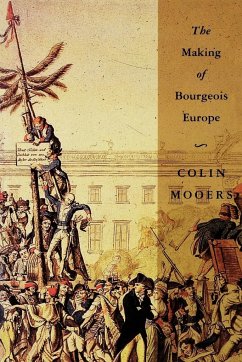
British Capitalism and British Slavery
Versandkostenfrei!
Versandfertig in 1-2 Wochen
27,99 €
inkl. MwSt.

PAYBACK Punkte
14 °P sammeln!
Almost seventy years ago, historian and then Trinidadian Prime Minister Eric Williams published his classic Capitalism and Slavery (re-titled for this edition, "British Capitalism and British Slavery"). In the introduction to "British Capitalism and British Slavery," a title which more aptly captures Williams's work, historian Seymour Drescher notes, "If one criterion of a classic is its ability to reorient our most basic way of viewing an object or a concept, Eric Williams's study supremely passes that test.... The achievement of Capitalism and Slavery is that Williams made it impossible for ...
Almost seventy years ago, historian and then Trinidadian Prime Minister Eric Williams published his classic Capitalism and Slavery (re-titled for this edition, "British Capitalism and British Slavery"). In the introduction to "British Capitalism and British Slavery," a title which more aptly captures Williams's work, historian Seymour Drescher notes, "If one criterion of a classic is its ability to reorient our most basic way of viewing an object or a concept, Eric Williams's study supremely passes that test.... The achievement of Capitalism and Slavery is that Williams made it impossible for historians ever to return to the posture of splendid moral isolation which characterized the story of British slave emancipation for more than a century. Williams's foremost aim was to insist as never before on the banality of the history of slavery.... Williams's most enduring message was that abolition could not have triumphed independently of economic developments linked to industrialization. This simple hypothesis has already proven to be more fruitful than those offered by historians in the century before him." Readers interested in global capitalism, transatlantic slaving, industrialization, emancipation, and Africa and the (British) Caribbean will find necessary context in the new introduction and much to digest in the classic text itself.














